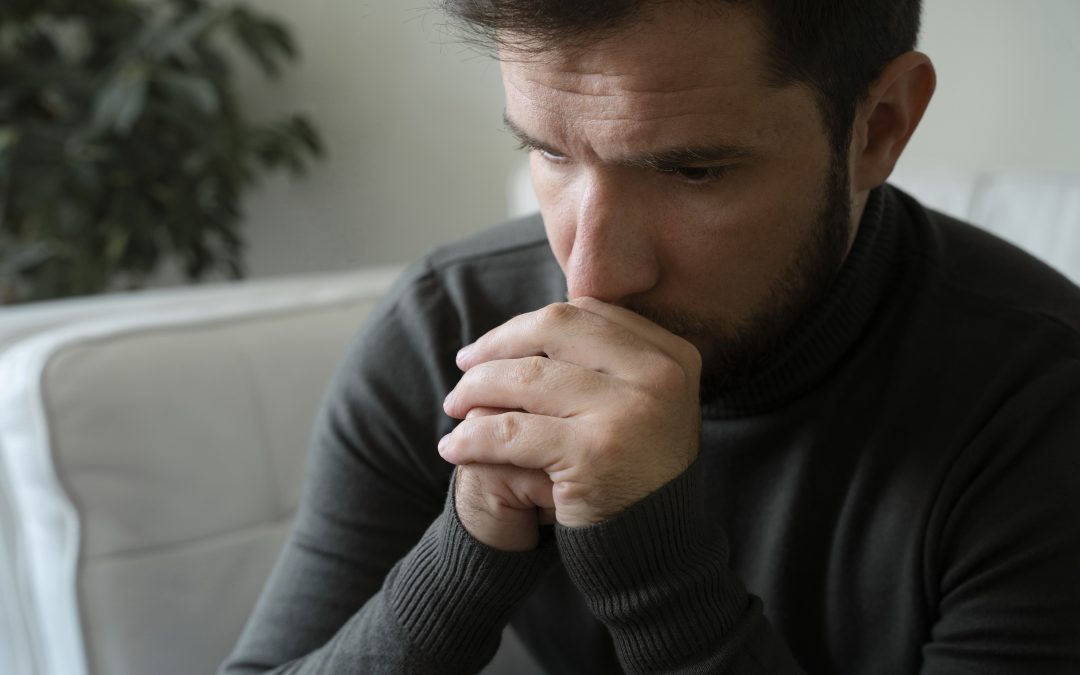The Office for National Statistics now estimates that 1 in 4 adults have experienced domestic abuse since the age of 16, an increase in domestic abuse cases compared with 1 in 5 adults in the year ending March 2024.
The Crime Survey of England and Wales have reformed the questions asked in the survey to achieve a more comprehensive and accurate reflection of the scale of domestic abuse and to capture a wider range of types of abuse and behaviours.
What has changed?
The new survey questions to measure domestic abuse were added into the Crime Survey of England and Wales in April 2023.
Before the reformation of the survey, the survey did not fully align with the definition of domestic abuse introduced in the Domestic Abuse Act 2021. This meant that questions in relation to the offence of controlling and coercive behaviour were not included and were underrepresented.
In order to better align with the new definition of domestic abuse, the Crime Survey of England and Wales incorporated questions covering more abuse types than before. For example, the new questions include behaviours pertaining to health and marital-status abuse which before were not previously covered.
It is clear that the new statistics reflect how the survey has captured a wider range of abusive behaviours. The increase in statistics, while sobering, it is a crucial step towards developing a better understanding of domestic abuse and for the government to have a more accurate measure of domestic abuse; to develop and assess policies which will aim to reduce domestic abuse and to track the changing levels of abuse from one year to the next.
Meghan Elkin, the Head of Crime of the Official National Statistics, said,
“The way domestic abuse manifests is constantly changing and is difficult to measure. In developing these questions, we have listened to victims and survivors of domestic abuse alongside a range of users from charities to academics and other government departments.”
What is health abuse?
Health abuse includes anything from depriving a person of daily essentials, such as food and sleep; forcing someone to terminate pregnancy or denying someone medical assistance.
What is marital-status abuse?
Marital status-related abuse includes forced marriage and the prevention of marrying someone of your choice.
How can we help you if you think you may be in an abusive relationship?
We understand how confusing and distressing it can be when you are in, or are coming to terms that you have been in an abusive relationship. You do not have to go through this alone.
Our family lawyers are specialists in this area of law and we are aware of the insidious nature of abuse and the lasting impact it can have. Speaking with one of our legal professionals will help guide you in the right direction, and support you throughout this difficult time.
If you are experiencing domestic abuse, both Non-molestation and Occupation Orders aim to protect individuals who are experiencing violence, threatening or abusive behaviour, coercive control or intimidation from an abuser. These orders aim to protect individuals from further harm and they promote the safety of the individual and/or any relevant child.
If you require further information on these orders click here to find out more.
Contact us
Please click here to arrange your initial free consultation with a family lawyer and get the advice you need.

